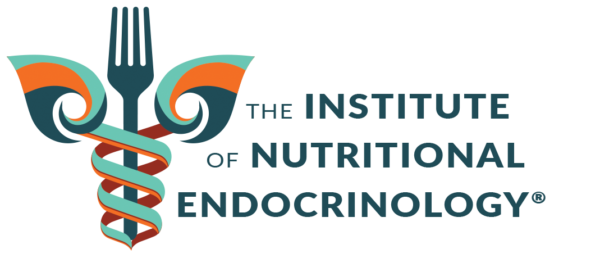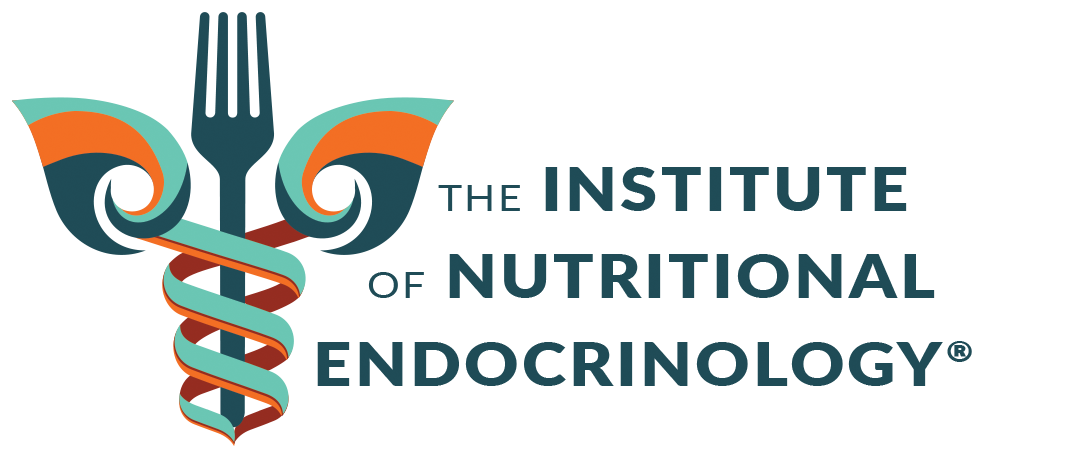To Believe or Not to Believe (In Studies) – February 16th, 2019
Nutritional Endocrinology Practitioner Training (NEPT)
Clinical Pearl
February 16th, 2019
To Believe or Not to Believe (In Studies)
I quote lots of studies in these Clinical Pearls – and frankly, I can find a study to support whatever point I want to make.
Take for example, these two opposite statements:
1. Ketones are the best brain fuel.
2. Ketones are the worst brain fuel.
Whichever one I want to prove, I can find support.
Here are two examples of articles that quote studies to support their opposite stands:
- What are Ketones: Your Brain’s Best Friend or Worst Enemy?
- Ketones And The Brain: The Unique Benefits of Keto
Which study do you believe?
Probably whichever one most closely matches your pre-existing paradigm.
So should we not use studies to help us determine how to best work with our clients?
Of course not.
But should we use them exclusively?
Of course not.
I believe we need to base our decisions about our own health, and that of our patients, on a combination of factors.
- The knowledge of “how things work” – i.e. the biochemistry and physiology (that’s why our modules go into so much depth here)
- Clinical experience – yours or that of others
- Well designed studies, without bias (who funded it?)
- Studies that truly compare what they set out to compare
In reviewing a study here are a few questions to ask:
- Who funded it?
- Were the researchers unbiased (check their other work)
- Were the study parameters valid – i.e. in articles that come to the conclusion low fat diets are “bad” or “low fat diets are good,” what did they compare to? A low fat diet could be compared to a high fat diet that’s rich in processed oils and commercial animal products and the low carb diets in question could be the ones that are composed of lots of butter, bacon, and oil.
Post to the Facebook group your thoughts and observations about this topic. I look forward to hearing seeing your take on it.

